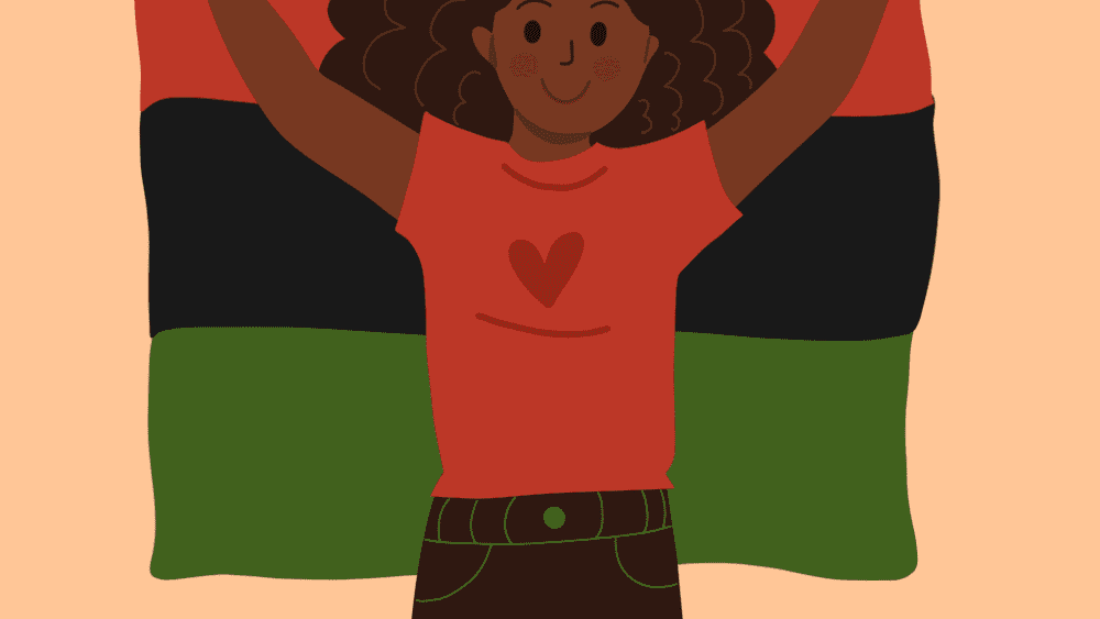It’s Juneteenth—a celebration resplendent with joy, history, and the vibrant acknowledgment of freedom. Yet, for many parents, this day prompts an essential question: How do I explain Juneteenth to my child?
Juneteenth commemorates the emancipation of enslaved African Americans and is celebrated annually on June 19th. It marks the day in 1865 when Union soldiers arrived in Galveston, Texas, with news that the Civil War had ended and enslaved people were free — two and a half years after President Abraham Lincoln’s Emancipation Proclamation.
To explain this significant day, parents can approach the conversation with warmth and honesty. Start by highlighting the value of freedom and equality, which are universal concepts even young minds can grasp. Children inherently understand fairness, making this a good starting point.
A practical way to begin is by drawing a simple comparison to a widely known history. For example, mention how Independence Day commemorates America’s freedom from British rule. This can set a relatable foundation. Then, introduce Juneteenth as another important celebration of freedom—one that specifically honors the accomplishments and resilience of African Americans.
History may appear daunting, but sharing stories makes it accessible. Parents might tell the story of Gordon Granger, the Union general who delivered the news of freedom in Texas, finally liberating those who had endured many hardships. Storytime can transform complex events into memorable, digestible lessons.
To further the conversation, parents can involve their children in Juneteenth activities. Reading age-appropriate books about Juneteenth can provide a visual and narrative aid. Creating arts and crafts with traditional Juneteenth colors—red, green, and black—can add a personal touch, allowing children to feel connected to the celebration.
In explaining why we honor and respect Juneteenth, it’s beneficial to underline the strength and perseverance of African American communities. Share that it’s a day not only to reflect on a painful chapter in history but to celebrate resilience, achievements, and future progress.
Lastly, embrace your child’s questions and curiosity. Encourage them to think critically and compassionately about the world around them. Parents themselves may not have all the answers, but willingness to learn together can strengthen the bond and understanding in both the child and the parent.
Through simple, heartfelt communication and engaging activities, parents can provide their children with a meaningful understanding of Juneteenth. It’s a powerful way to instill respect for history and diverse cultures, ensuring that the spirit of Juneteenth continues to inspire future generations.


Leave A Comment